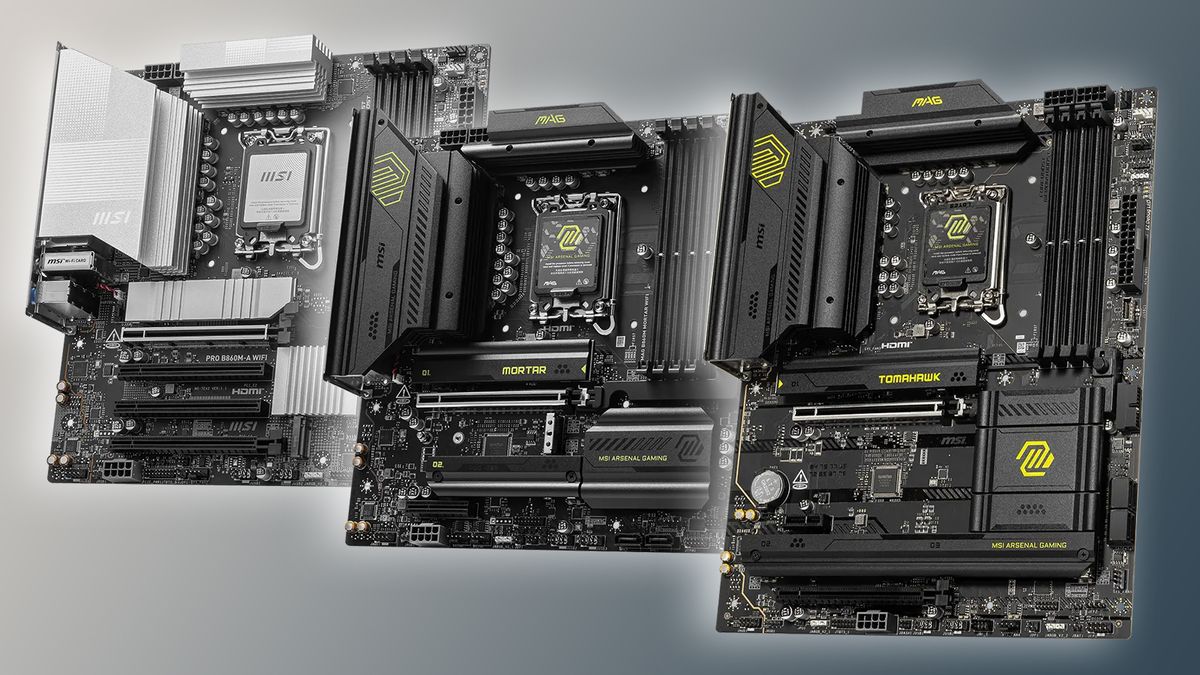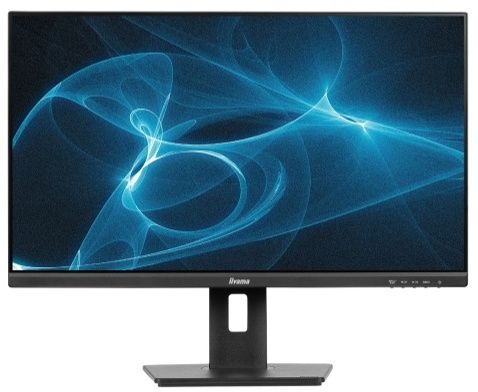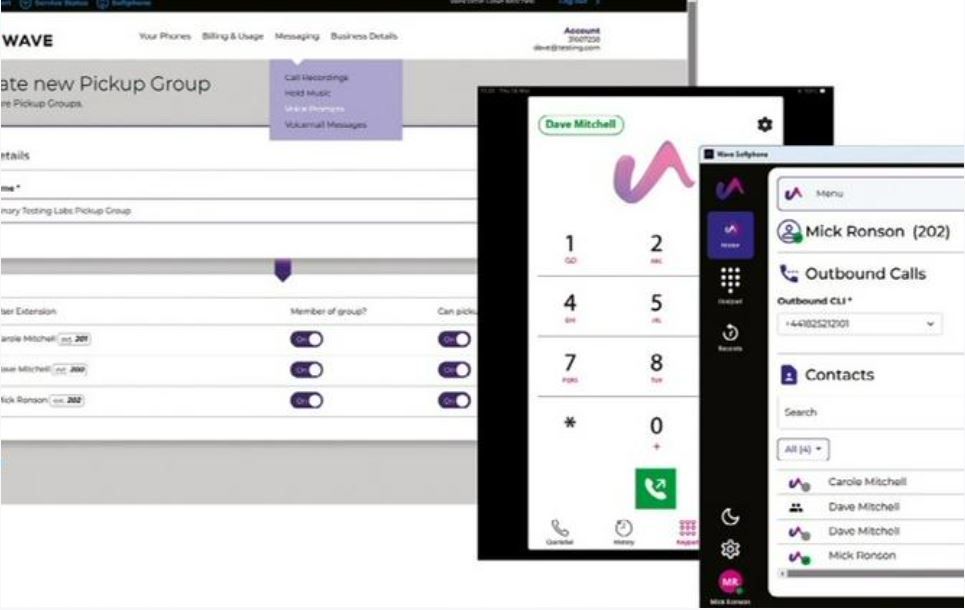MSI recently listed several Intel B860 motherboards in China, including MSI MAG B860 Tomahawk Wi-Fi, MAG B860M Mortar Wi-Fi, and Pro B860M-A Wi-Fi. These boards are priced at RMB 1,699 (~US$235), RMB 1, 499 (~US$205), and RMB 1,299 (~US$180), respectively. But aside from these boards becoming available, Chinese tech outlet Sina (machine translated) claims that the BIOS files for these boards are optimized for ChangXin Memory Technology (CXMT) DDR5 memory ICs.
This could be an important milestone for the Chinese company, especially as it aims to capture a sizable chunk of the memory market in the coming years. It started production of DDR5 chips for consumers in late December 2024, and it’s the first company to do so locally in China. CXMT uses a less advanced node for production to ensure that it stays within the U.S.’s export restrictions, meaning these chips will be larger by around 40% versus those produced by other manufacturers like Samsung and Micron.
Because of this, we expect CXMT DDR5 memory to have weaker performance than its competition. However, it might have an advantage over rival DDR5 suppliers as it’s the only local manufacturer in China, especially if the U.S. slaps additional bans and sanctions that prevent other companies from selling their more advanced DDR5 memory to the East Asian country.
This is CXMT’s first DDR5 release, and it could still reduce the die size and price of its memory modules as it continues with research and development, much like how its competitors did. Aside from this, the company could further reduce its costs as it ramps up production. For example, it currently undercuts Samsung in DDR4 pricing by about 50%, making its offerings more tempting to partners, especially as some of its new components are dropping below the price of recycled memory chips.
Since MSI added optimizations for CXMT DDR5 memory to its motherboards, it seems that the well-known PCs, components, and accessories brand is expecting the Chinese market to snap up memory modules featuring the first homegrown DDR5 memory. After all, even though there is a possibility it may cost more to produce than their competitors at the moment, the fact that they’re locally made means that CXMT’s partners do not need to pay import duties to use these chips. It’s also interesting to note that MSI first introduced these optimizations alongside the availability of its more affordable boards, where the market is more price-sensitive and will likely not care about performance details as long as the memory they’re getting is DDR5.

 21 hours ago
6
21 hours ago
6









 English (US) ·
English (US) ·